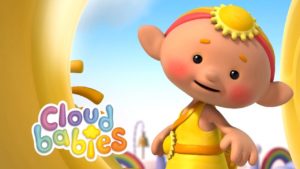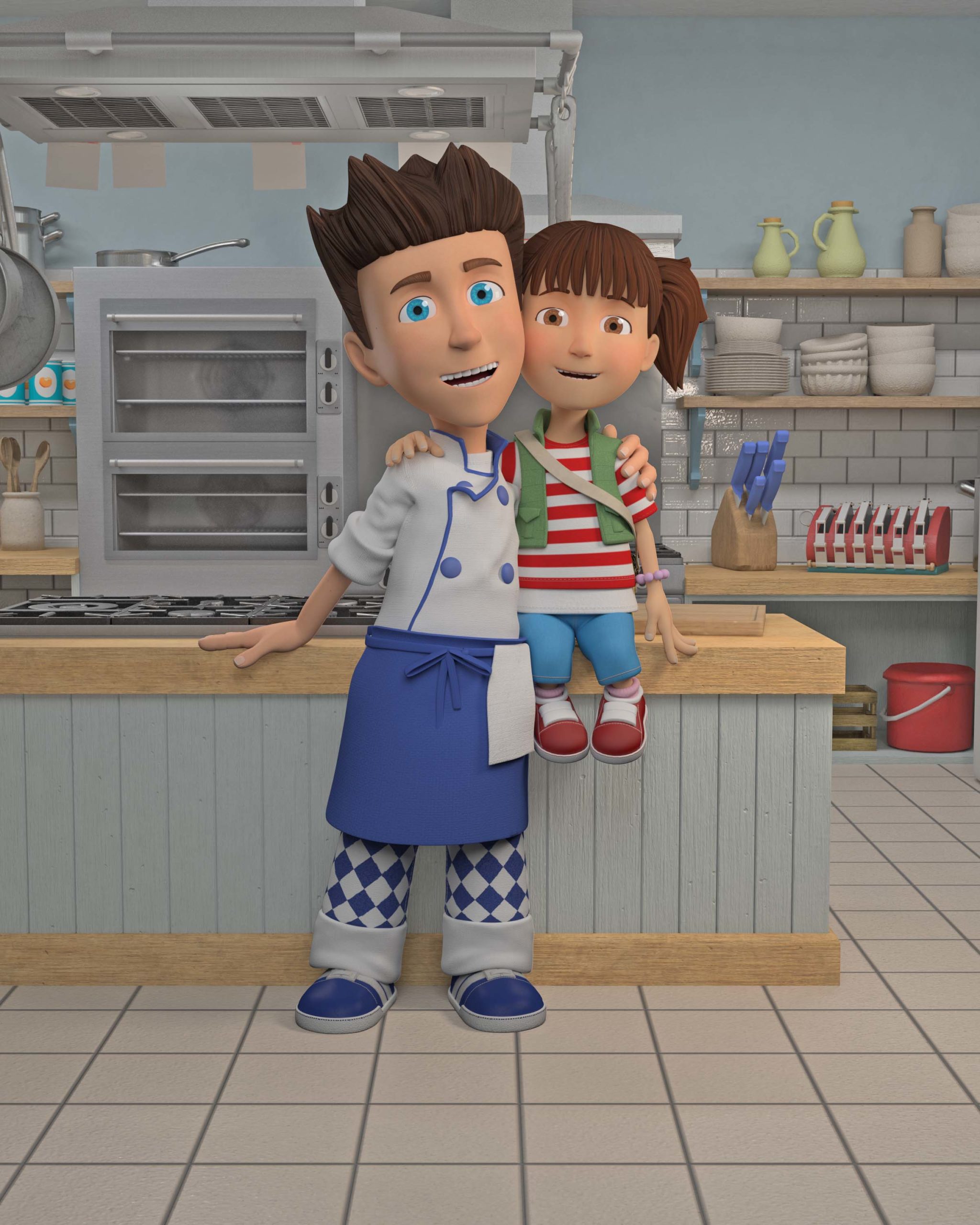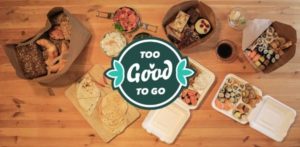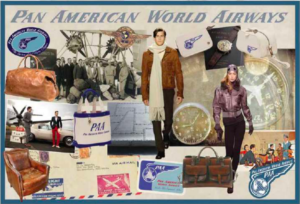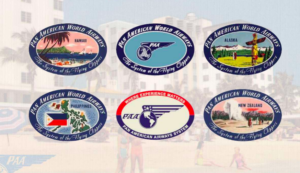Beast Quest is a global publishing sensation that to date has sold more than 20 million books since its first publication in the UK some 12 years ago. In just over a decade, the book franchise has released over 150 titles in over 30 languages and transitioned itself from print into a wider world of video gaming, live events – through a successful partnership with Hampton Court no less – and now, its latest iteration of mobile gaming with Beast Quest Ultimate Heroes.
Licensing.biz catches up with the leadership team at Coolabi, Michael Dee, director of content, Naomi Dare, head of digital, and Allison Watkins, director of consumer products and TV distribution, to talk about the latest developments for Beast Quest, and just how you start to turn a children’s publishing property into a successful video gaming franchise.
Hello everyone! Let’s start by talking about the success of Beast Quest over the past few years. What has the journey for the brand been like, evolving from a published title to a multi-media franchise?
Michael Dee, director of content: Beast Quest is a global publishing phenomenon, with sales of more than 20 million books since it was originally published in the UK 12 years ago. To date over 150 titles have been published in over 30 languages. It is a brand that is recognised and appreciated by kids, parents and teachers.
There are not many libraries, both inside and outside school that don’t have a huge range and the storytelling is recognised as being hugely important in encouraging kids, especially boys to read more. Our social media feeds, and communication with parents are full of ‘thank you’ stories for getting their kids to engage with books.
The move into games was a natural extension to that, and our rich world of characters, recognisable narrative of good vs. evil provided the perfect content to support that, both digitally and for console games.
Our initial gaming partner was Miniclip in 2015, and our game with them has been downloaded over 17 million times, and still achieves 200,000 downloads every month. Maximum Games are our console partner, and the Beast Quest game is available across all formats.
Experiential was our next move, and half term saw an incredible interactive experience at Hampton Court Palace which delivered 10 per cent more visitors than they had seen before, so conversations are already underway for 2021 to revisit on an even greater scale.”
What sort of growth have you seen for the Beast Quest brand over the past year? What is it about the brand and your approach to its licensing strategy that has fuelled its success in this time?
Allison Watkins, director of consumer products and TV distribution: As a publishing brand, Beast Quest continues to grow and we have very much taken an evergreen approach to brand extensions through licensing. One of the key advantages to Beast Quest is its ability to appeal to a whole new audience with each new group of kids who discover it for the first time so maintaining that remains key to our strategy.
However, we know that kids like to experience their favourite brands in other ways too so Maximum Games expanding the platforms and launching on Switch last Christmas was perfect as it suits our younger age group of kids aged six to nine.
How is Beast Quest – and its licensing activity – reflective of changing audience tastes and the way in which fans today engage with published title?
Naomi Dare, head of digital: We want to engage with our audience where they are choosing to spend their time, so gaming and events are a key part of that. Our new mobile gaming app Beast Quest Ultimate Heroes moves that on further, with a new design style consistent with the tower defence genre that Ultimate Heroes is based on, although moving it on even further with the player able to battle in 3D map environments and with 3D characters, with the ability to zoom in and out of the action.
It has various game modes for players to choose from as well as regularly scheduled game events/ battles for them to play online or in endless mode. We will allow our audience to build here, and then expand on the product offering through licensing in key categories.
Beast Quest has been across not only publishing, but video games, live events, and now stepping into mobile gaming. What will this latest development do for the brand in terms of tapping into new audiences and stepping up the licensing strategy?
Michael Dee: The new mobile game should see not only existing fans engage on a new level with the brand, but also we should see brand new audiences across the globe becoming familiar with the brand through discovering the game via the App Store and Google Play. We already see lots of people playing the Miniclip mobile game across the world, and with Animoca based in Asia we expect to see this new game expand into more Asian markets too.
Also Beast Quest Ultimate Heroes has a completely new art style that brings the world to life. The new 3D art and assets make it easier to envision new products and even potentially animation.
How is Beast Quest pushing for innovation in the licensing space today?
Allison Watkins: I don’t think that it’s about pushing for innovation in the licensing space, but more about how to manage the brand to both protect its huge existing fan base, while continuing to push in new areas and styles. We think Ultimate Heroes goes that brilliantly.
As demands, tastes and the licensing space continue to evolve, how is Beast Quest maintaining its position of strength within it?
Allison Watkins: We keep our reader at the front of all we do – they are our audience, and if we keep them happy and engaged with the book then they will want to enjoy the brand as it expands into other areas.
What’s the next big step for the Beast Quest IP?
Michael Dee: The next big step for Beast Quest will be content and there are some very exciting plans that we will be able to share later this year, but for now just enjoy the game.







